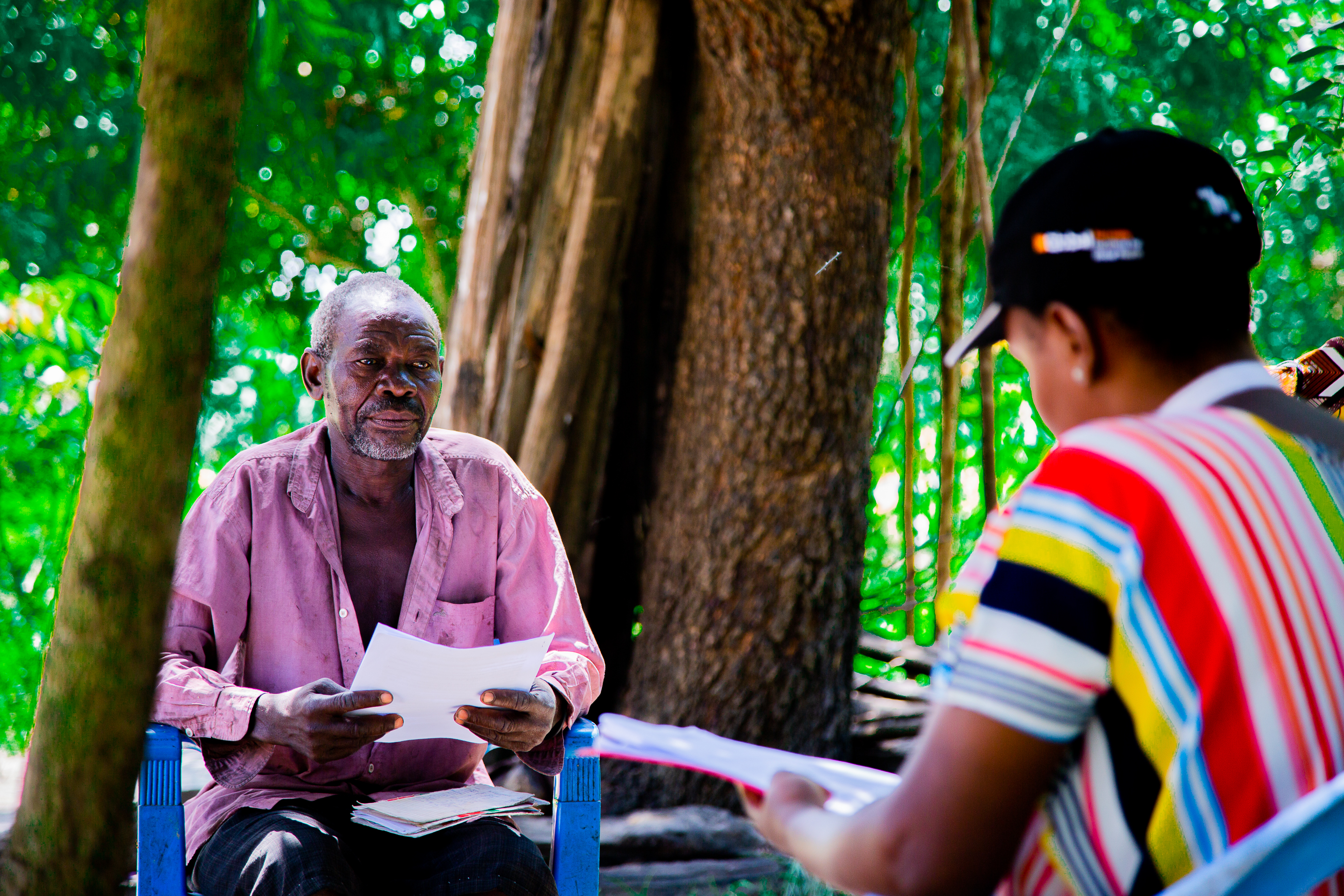
RESEARCH: Bohemia mini-census gets underway in Rufiji, Kibiti

BOHEMIA, a Unitaid-funded project studying the use of Ivermectin drug to curb malaria, has launched a mini-census in Rufiji and Kibiti districts, Tanzania. During the three-month activity, the human and livestock demography will be captured ready for a clinical trial planned for next year.
Ivermectin, the drug being investigated, is a medication used to treat many types of parasite infestations and it can be taken by mouth or applied to the skin for external infestations. According to experts, the drug has excellent safety profile that can kill parasites as well as mosquitoes that feed on treated humans or animals.
BOHEMIA, whose long form is Broad One Health Endectocide-based Malaria Intervention in Africa, is implemented by a consortium of six partners led by the Barcelona Institute for Global Health (ISGlobal). Ifakara Health Institute is among the six consortium partners.
BOHEMIA Senior Demographer for the Tanzania Site, Siglbert Mrema, said in an interview held recently in Rufiji that the three-month mini-census started in early November 2020 will last until the end of January 2021.
“The min-census will be conducted in 17 wards of the total 29 wards - 7 in Rufiji and 10 in Kibiti. The remaining wards have been excluded from the study due to another malaria intervention ongoing there,” he said.
Demography, as part of Bohemia work package, will collect information on social economic status, morbidity, mortality in the households, migration and travel patterns, pregnancy status and history of fertility, health system usage, livestock ownership, and malaria risk and prevention, explains Mrema, adding:
“This information will be used to map mosquito breeding sites and other water borne diseases, creation of clusters for Bohemia intervention, and mapping the study area.” All households within Rufiji and Kibiti are eligible for the demographic surveillance if they meet the inclusion criteria.
According to Mrema, eligible households are those with at least one inhabitant aged 18 years and above and those particular households must have an identified head of household (available most of the time in that area).
Apart from Mrema, other members forming the team conducting the mini-census are: Assistant Demographer Deogratius Mujuni, Community Engagement Officer Exavery Chaki, 10 field supervisors, and 73 enumerators.
About Bohemia
The BOHEMIA project aims to reduce malaria transmission by administering ivermectin to humans and livestock. This four-year project, funded by Unitaid, conducts two clinical trials in different ecological and epidemiological settings in east and southern Africa, specifically Tanzania and Mozambique.
Ivermectin will be distributed in mass drug administration campaigns to humans and livestock, for two consecutive years, in order to reduce mosquito populations that transmit malaria. This innovative One Health approach also offers an opportunity for preventing neglected tropical diseases in humans, which will have a positive impact on households. Delivery to livestock reduces the burden of intestinal helminths and ecto-parasites in domesticated herds, thereby increasing income and food security.
BOHEMIA project has brought together six partners forming a consortium led by the Barcelona Institute for Global Health (ISGlobal). Other members are: The Ifakara Health Institute (IHI); The Centro de Investigação em Saúde de Manhiça (CISM); Inselspital, Bern University Hospital; The University of Oxford and Virginia Tech.
